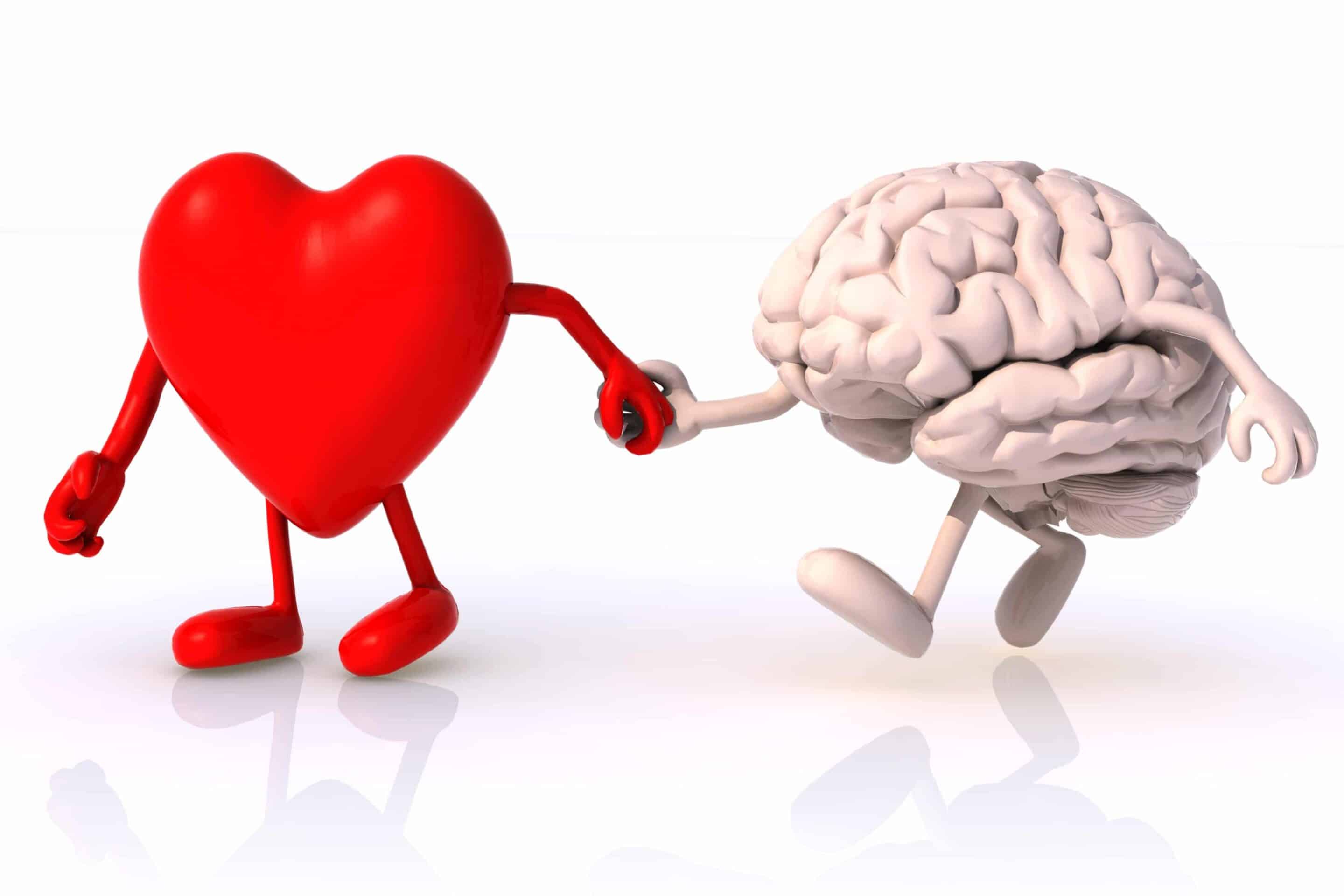
What is Emotional Intelligence?
Emotional intelligence, often abbreviated as EQ, is your ability to understand, manage, and use emotions — both your own and those of others — in constructive and empowering ways. While emotions are natural and essential to human experience, the key to navigating them wisely lies in activating the thinking brain — the prefrontal cortex — rather than reacting impulsively from the limbic system, our brain’s emotional core.
Far from ignoring your feelings, emotional intelligence means being aware of them, noticing them without judgement, and responding with intention. This process — known as emotional regulation — enables you to act with clarity and purpose, even in stressful situations.
“Being emotionally intelligent is not about being unemotional. It’s about having the tools to pause, process, and respond — rather than react.”
– Jacqui Hackett
The Science Behind EQ: Two Brains at Work
In moments of stress, your body may produce cortisol, the stress hormone. This temporarily disengages your prefrontal cortex, making it harder to think clearly or make rational decisions. You’ve probably heard of the term “flipping your lid” — that’s exactly what’s happening neurologically.
By bringing awareness to your emotional state, you help your thinking brain reconnect, regain control, and engage in logical evaluation. This is a core skill of EQ — and one that can be learned and strengthened.
